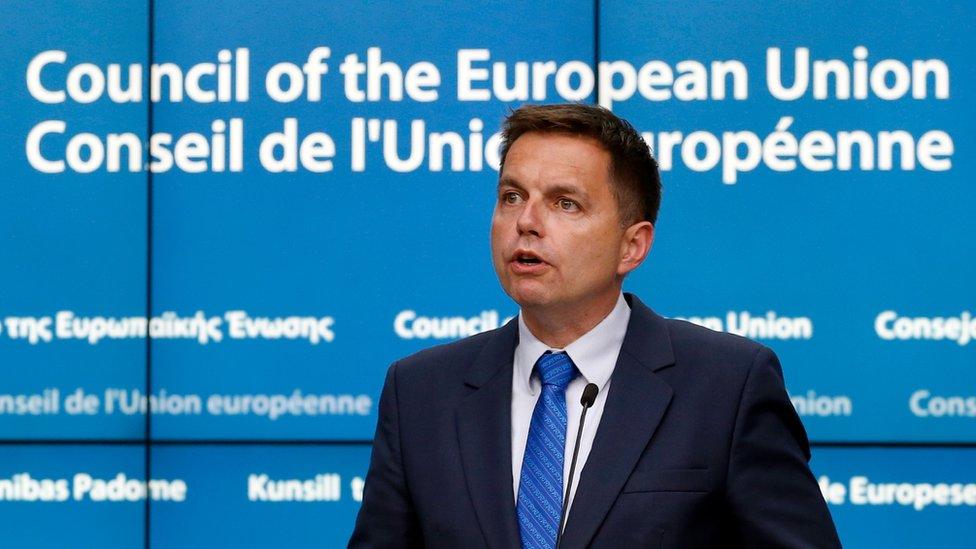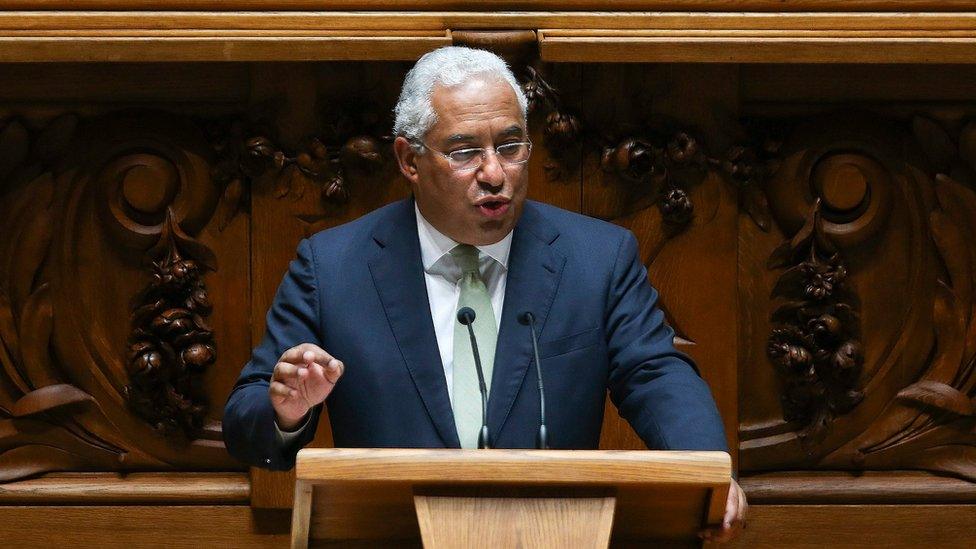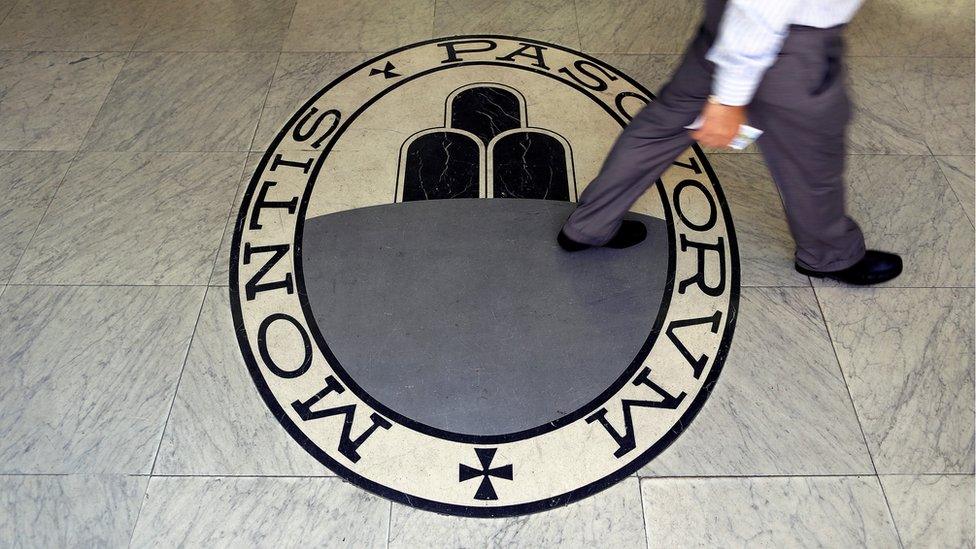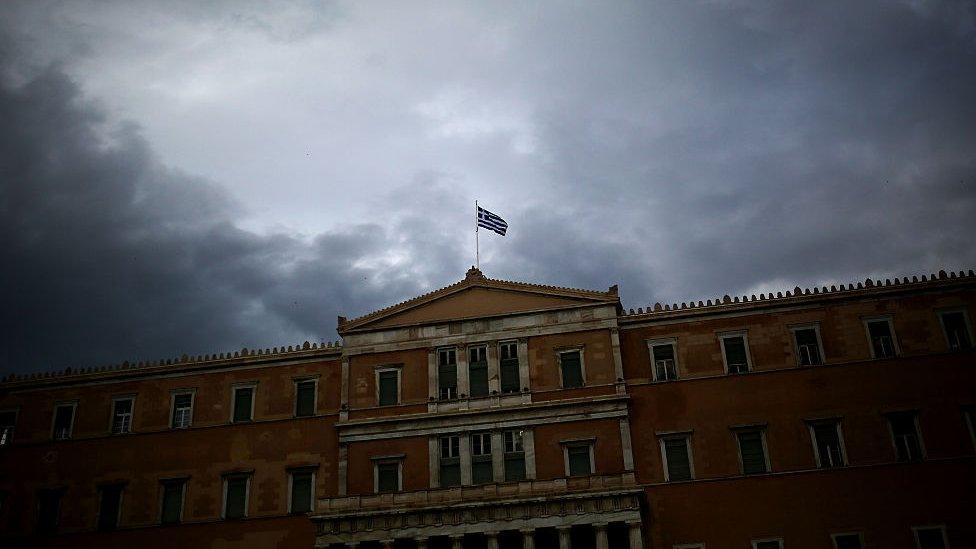Spain and Portugal face first EU fines over deficit levels
- Published

European Council President Peter Kazimir insisted the decision would lead to a "smart result"
Portugal and Spain face becoming the first EU countries to be fined for running an excessive budget deficit, after a vote in the European Council.
The council found that both countries had failed to reduce their deficits to below 3% of GDP and had not tried hard enough to do so.
However, Portugal's prime minister said imposing fines would be "counterproductive" for the eurozone.
Both nations have 10 days to submit new deficit reduction plans.
What's the problem with Italian banks?
Will Greek debt deal really change anything?
"I am sure that we will have a smart, intelligent result at the end," said Council President Peter Kazimir, Slovakia's finance minister.
Why are fines being imposed?
The EU has brought in stricter public finance rules following the debt crisis in eurozone countries that saw four countries - Greece, Ireland, Portugal and Cyprus - require a bailout.
Spain and Portugal have come a long way since then but have recently "veered off track", European Commissioner for the Euro and Social Dialogue Valdis Dombrovskis said.

Portuguese Prime Minister Antonio Costa says the fines are "counterproductive"
Spain's 2015 deficit was 5.1% of GDP and it is unlikely to reach its 2016 target of 2.8%.
Portugal's 2015 deficit was 4.4% of GDP, some way off its target of 2.5% but sharply down from about 10% in 2010.
EU finance ministers also found that both countries' efforts to follow the rules fell "significantly short" of recommendations.
What happens now?
Although all EU countries are required to set out policies to bring their budget deficits below 3% of GDP, only the 19 countries that use the euro as currency can be fined.
Spain and Portugal now have 10 days to submit "reasoned requests" to have their fines reduced.
But Mr Costa said imposing a fine of up to 0.2% of GDP - roughly €360m ($400m; £310m) - on his nation risked undermining confidence as well as contradicting recent praise for Portugal from German Finance Minister Wolfgang Schaeuble.
"To propose now that Portugal should be punished because its previous government didn't take the rights steps would diminish Mr Schaeuble's credibility and would not strengthen the public's trust in the running of the eurozone," he said.
- Published5 December 2016

- Published25 May 2016
